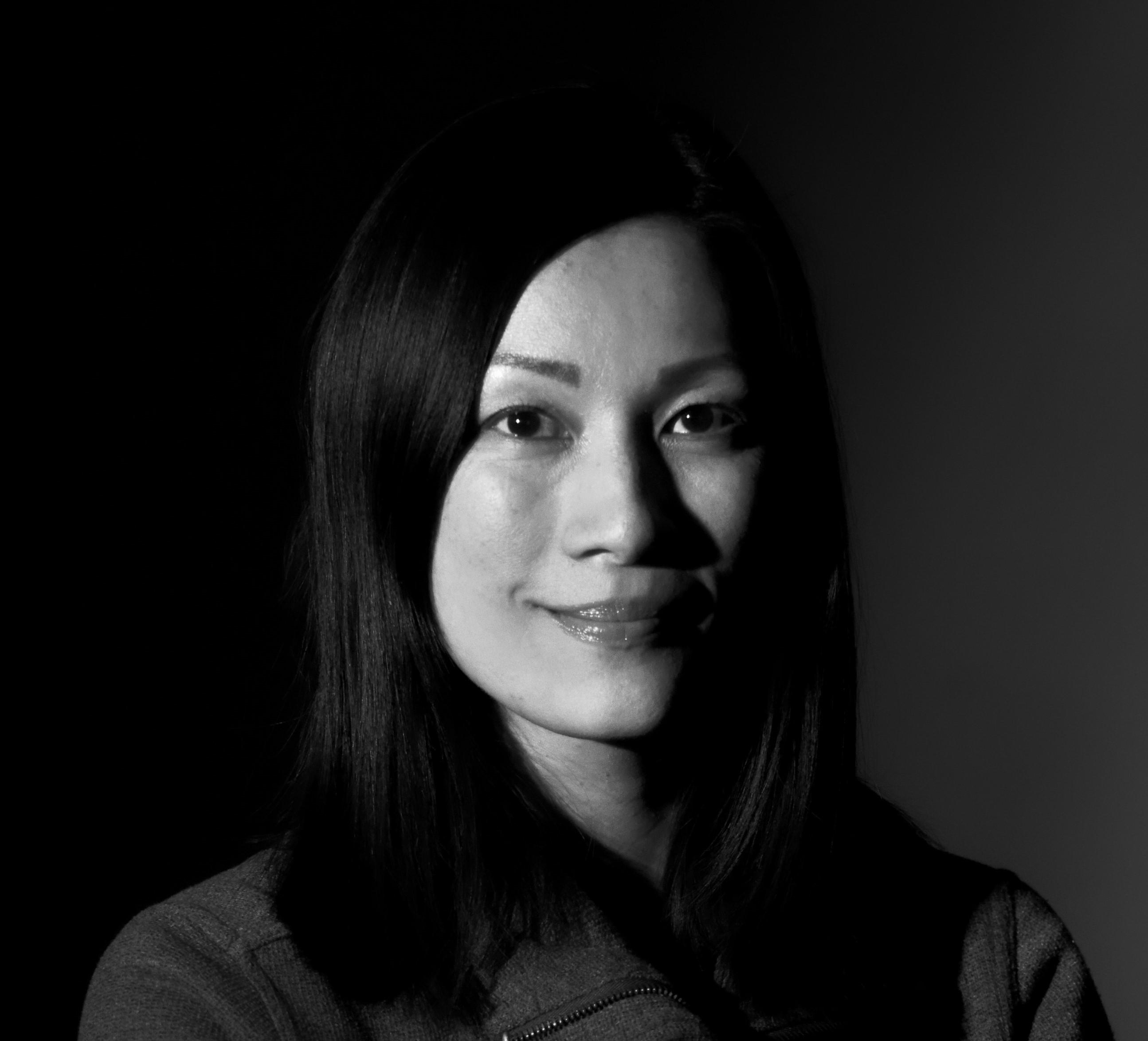
3 minute read
Anti-Racism and Psychology
Anti-Racism Work is Love in Action
By Gina Ko, Ph.D., R.Psych
Advertisement
Iam a Registered Psychologist and a Podcast Producer and Host, Against the Tides of Racism (https:// www.againstracismpodcast.com/). I have a private practice as a counselling psychologist in Alberta. I see many racialized clients using a culturally responsive, socially just, anti-racist, and anti-oppressive lens.
One of my podcast guests shared that anti-racism work is love in action. I resonate deeply with this sentiment. I grew up speaking Cantonese and was a language and cultural broker for my grandmothers, aunts, and uncles. They helped my single mother raise my siblings and me; I am most grateful to have extended family in my life. Over the years, I have witnessed them being treated with sternness, discrimination, prejudice, microaggressions, and racism. Examples include being in professional spaces, with service providers only looking at me when my aunt needs the service. We get strange stares when we speak Cantonese on the bus. We see people from the dominant group given tables even though we were first at the restaurant. My uncle would ask me to make phone calls for his business, but people would not take me seriously. We would be told to go back to our country. The list is endless. Relatedly, I have encountered many moments of being judged harshly for my skin tone as I have darker skin (I love my skin); colourism is entrenched in racism whereby people with fairer skin get preferential treatment (Grant, 2020). Colonialism and white supremacy have infiltrated systemic beliefs that white and fair are better. It has taken years to learn and unlearn about systemic racism, internalized racism, and how to continuously reflect on my biases and assumptions by challenging taken-for-granted knowledge. Consequently, I have grown to care about fairness and justice.
Moreover, experiences of racial trauma or race-based traumatic stress (RBTS) have been shown to cause chronic health problems such as long-term stress, hypervigilance, depression, anxiety, nightmares, flashbacks, and less hope for the future (Jagoo, 2020). Hence, racism and trauma are closely correlated. When love and kindness are used to care for everyone, not just someone who looks like you, with a similar educational and language background, the world can be a more welcoming and accepting place.
In my practice, clients listen to my podcast and resonate with many messages such as “it is time to move beyond performative action to real action, finding community, walking in pairs, leaning into discomfort, spreading kindness, building bridges,” and much more. It is incredible when such calls to action impact clients’ lives in profound ways. There is hardly a more rewarding and meaningful moment when clients share how such messages are heartwarming, growth-inspiring, and hopeful. There would be times of clarity, validation, gratitude, tears, and even laughter. Love fills the room. “Anti-racism work is love in action” is absolutely fitting! References available on request.








